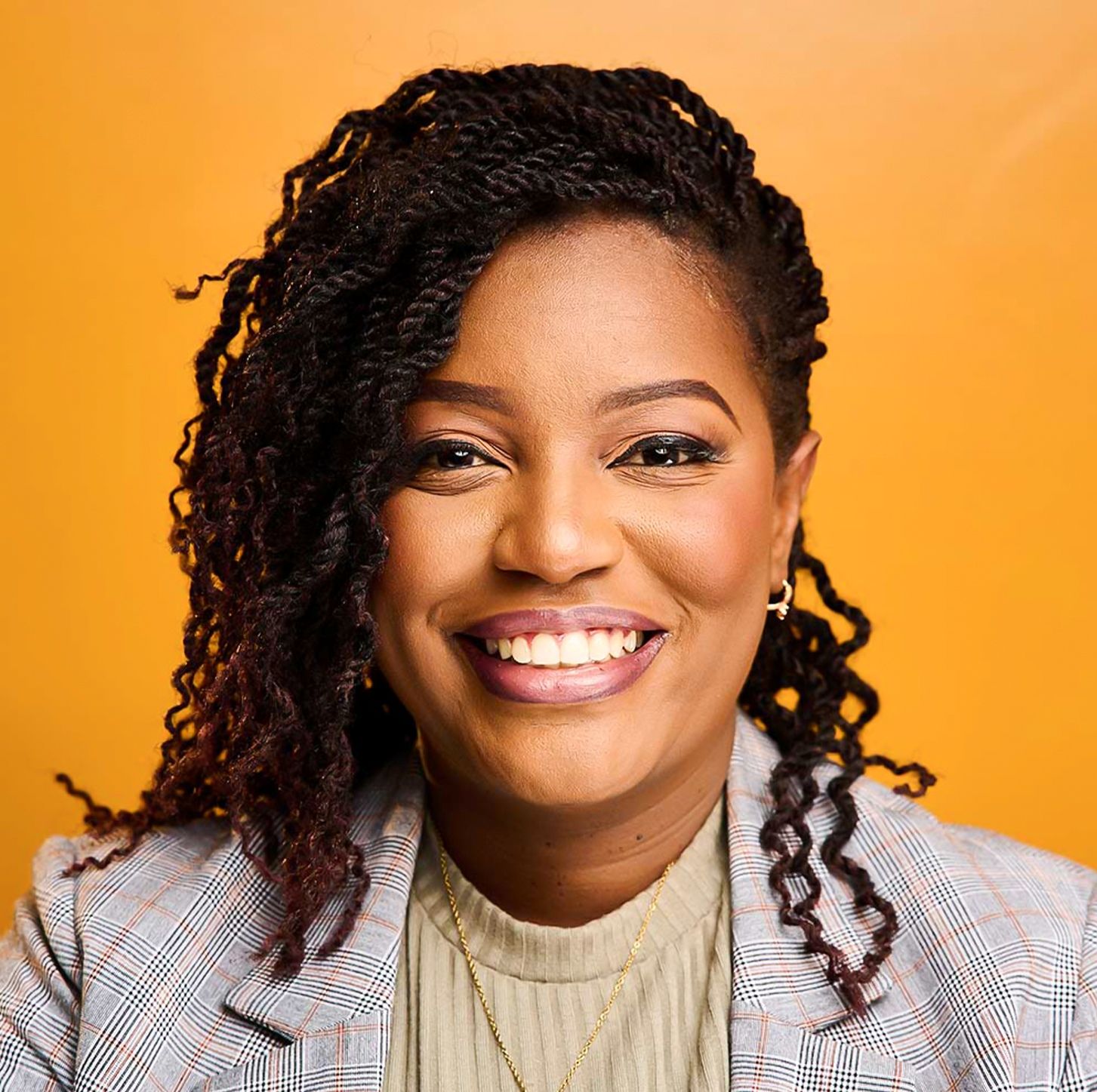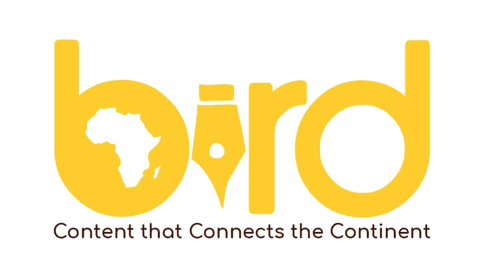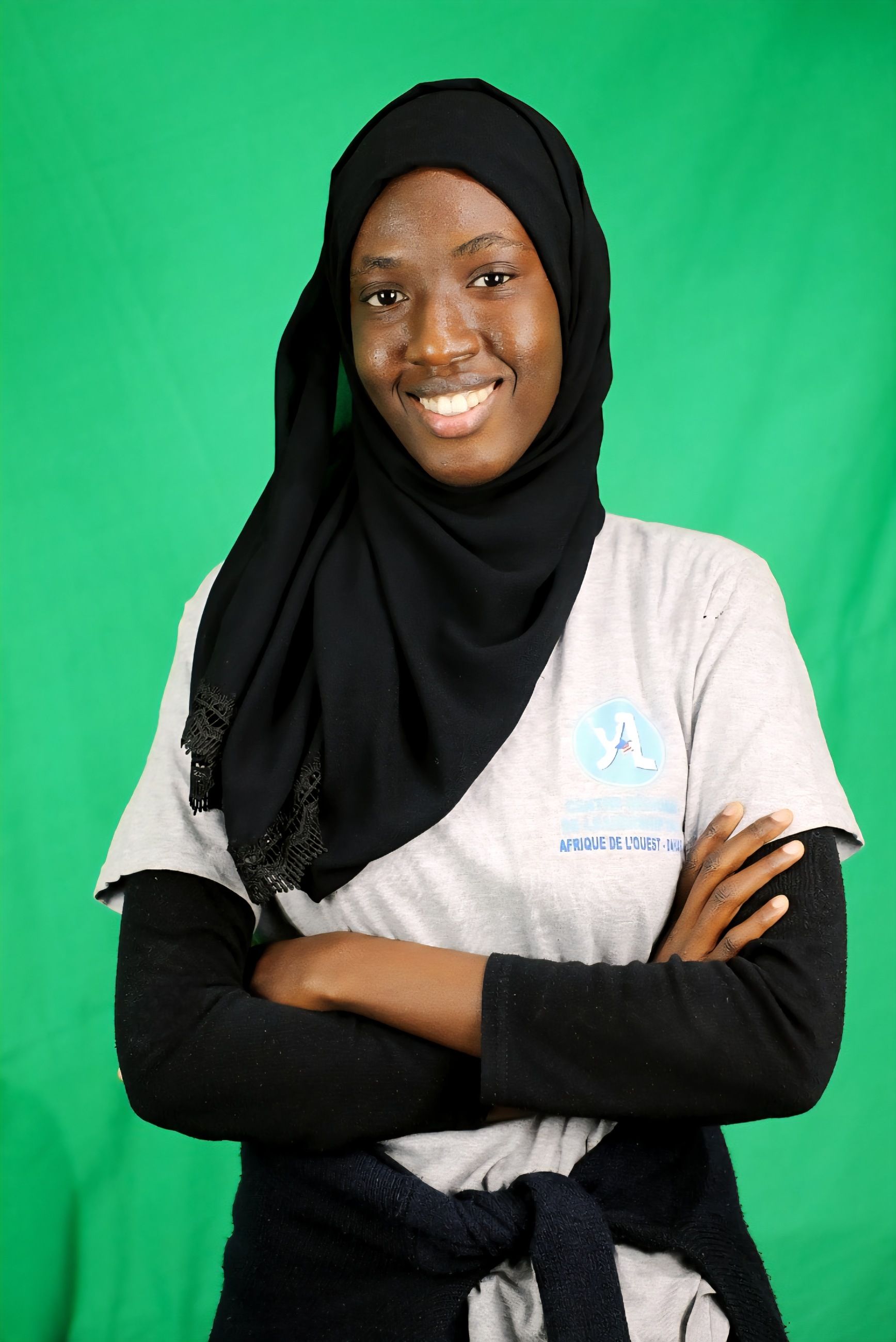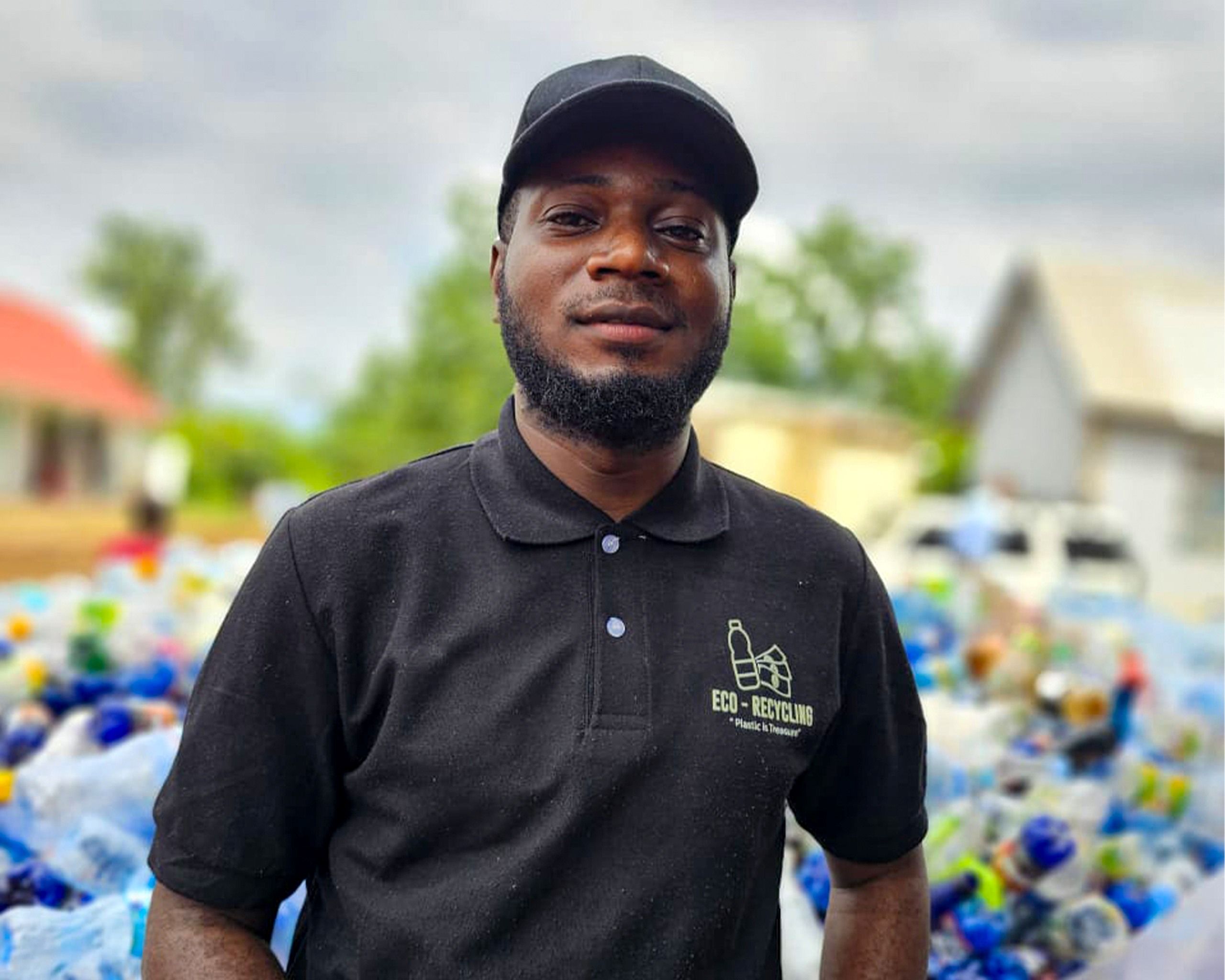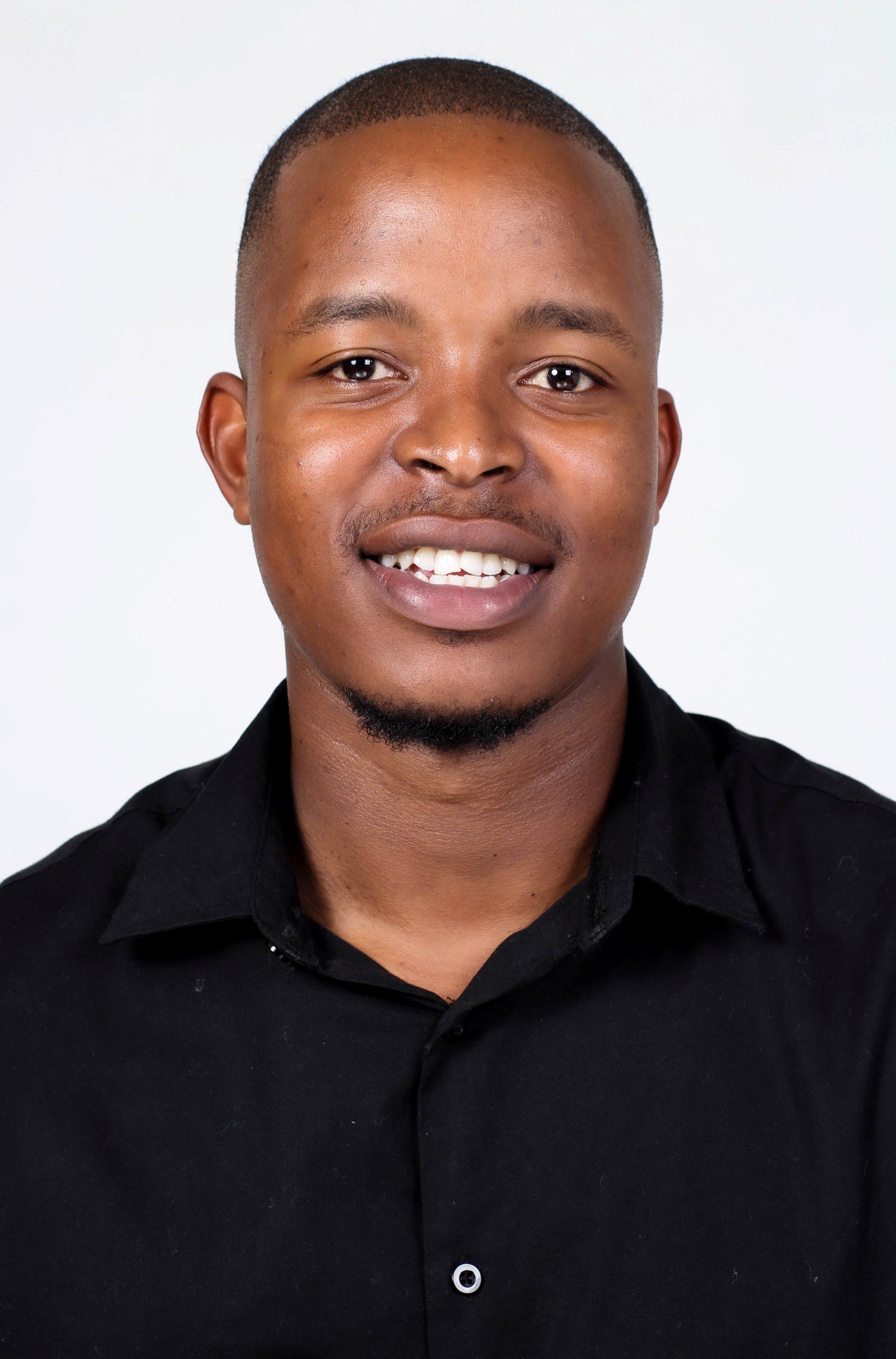Akili Dada is a Kenya-based nonprofit cultivating the next generation of African women leaders through education, feminist mentorship, and grassroots movement-building. In this interview, we speak to Executive Director Joy Zawadi about its mission.

Bonface Orucho, bird story agency
When Clare Kakai took the podium at a recent leadership academy in Rwanda, she left everyone amazed. Only a year ago, the 16-year-old was shy and unsure, her voice barely carrying beyond her classroom.
At the summit, she was addressing a roomful of peers from across East Africa.
Her journey began hundreds of miles away, in a small Kenyan village in Narok, where early marriage is common and career dreams for many girls rarely survive past primary school.
But through Akili Dada’s scholarship program, she stayed in school and received the mentorship that has kept her dream of success alive. Through that mentorship, she learned to question harmful narratives.
She has also honed her voice and found her confidence. Now, she is part of a growing sisterhood of young women who are not only championing their futures but also building bridges for those coming after them.
This is the work of Akili Dada: bridging the gap between generations of African women leaders by pairing financial access with feminist mentorship, intensive leadership incubation, and grassroots movement-building.
From career symposiums in Kilifi to WhatsApp-based SRHR tools, from Manyatta homeschooling in Samburu to pan-African summits where girls set the agenda, the organisation is creating pathways for young women to step into leadership and bring others with them.
In this conversation, Executive Director Joy Zawadi explains how Akili Dada is transforming the leadership landscape for African women and girls, and why the mantra “once a dada, always a dada” is more than just words.
This interview has been edited for length.
Joy, could you start by introducing yourself and your role at Akili Dada?
A: My name is Joy Zawadi, and I’m currently the Executive Director at Akili Dada. On a personal level, I’m a huge champion for African women, girls, and youth. I truly believe they have the leadership capacity and potential to take this continent to the next level. I’m also a resource advocate; much of my work involves connecting funders to the people doing the actual work, particularly around education and leadership development.
How did Akili Dada begin, and what inspired its creation?
A: Akili Dada’s journey began in 2005 with our founder, Dr Wanjiru Kamau-Rutenberg. While pursuing her PhD, she began interrogating the barriers preventing African women from accessing leadership. She found that these challenges often revolved around three issues: lack of education, lack of supportive networks, and patriarchal cultural norms.
In Kenya, for example, leadership credentials are tied heavily to formal education, yet many girls drop out before completing primary school. At the time, there were few female role models or mentors to champion women into leadership roles. And culturally, women entering politics or public leadership often faced discouragement, questions about childcare, family obligations, or outright statements that “this field is not for women.”
Wanjiru wanted to create a space where women and girls could overcome barriers to education, mentorship, and leadership development. That became Akili Dada.
What programs does Akili Dada run today?
A: We have three main programs, all with Swahili names.
First is Angaza, our flagship girls’ education program. It ensures adolescent girls can access and remain in high school, then transition successfully to higher education or vocational training. Since 2006, we’ve awarded more than 234 comprehensive scholarships to girls from low-income, rural communities. We journey with them for the full four years of high school, providing mentorship and psychosocial support. Three years ago, we also launched the Manyata Homeschooling pilot in Samburu County, taking education directly to out-of-school girls in traditional settlements. We’ve reached about 600 girls so far, with 29 returning to formal school and several protected from child marriage.
Second is WASHA (“ignite”), which supports young women already leading in their communities—whether running grassroots initiatives, advocacy campaigns, or nascent organisations. We provide leadership training, networking opportunities, and skills like policy advocacy so they can scale their impact. One inspiring example is a young woman with a disability from Samburu County who joined her local hospital board and successfully advocated for the hiring of persons with disabilities for the first time in years.
Third is URITHI, a leadership development program in high schools across Kilifi, Kwale, Samburu, and Turkana. It builds self-confidence, community influence, and practical knowledge—like menstrual health education—showing girls they can lead without needing a formal title.

How does a girl or young woman enter the Akili Dada ecosystem?
A: Regardless of the program, entry starts with application, because we believe in agency. Girls know what’s good for them, and we want them to choose our programs, not be chosen for them by others.
For example, with Angaza, we distribute scholarship applications to partner schools rather than asking administrators to select the “neediest” students. Applicants go through interviews and vetting for financial need and leadership potential.
Once selected, there’s a two-part onboarding: the girls themselves learn about Akili Dada, our expectations, and how we’ll support them; and we onboard their support systems, parents, teachers, so they understand we’re partners, not replacements. This helps break myths, like “my daughter could never be a leader,” and aligns everyone to the vision.
Graduates join our alumni network, where they can keep accessing opportunities and, importantly, pay it forward to others. As we say: once a dada, always a dada.
Why does Akili Dada use a multi-pronged approach instead of focusing on a single issue?
A: Women and girls don’t live single-issue lives. You can’t address education in Kilifi without tackling early marriage, poverty, and cultural barriers. Many girls have never had education about their bodies or menstrual health, and some lack access to basic products.
We also prepare them for life beyond our programs. A girl leaving high school for university needs to know about student loans, scholarships, and how to navigate environments where gender-based violence is a risk. We focus on building agency so she can make informed decisions about marriage, children, career, and life choices.
How is Akili Dada extending its impact beyond Kenya?
A: We’re working toward being a Pan-African organisation through pilots and partnerships. One example is the Women Gaining Ground Consortium, which empowers women and girls with disabilities to advocate against gender-based violence and participate in politics. We’ve run leadership academies in Rwanda, Uganda, and Kenya.
We also host the annual West Chanawa Africa Summit, designed for adolescent girls as speakers and session leaders, attracting participants from Southern, Western, and Northern Africa. We take a back seat and let the girls lead, because they are experts in their own lives.

What does feminist leadership mean to Akili Dada?
A: It means shining a light on the gendered barriers holding women and girls back, and addressing them head-on. It’s anchored in our values, starting with integrity, and the belief that women and girls are the experts in their own lives.
A recent example was in 2024, when the Kenyan government proposed taxing menstrual products. We spoke out because such a tax would deepen poverty and push some girls toward harmful survival strategies. Feminist leadership ensures policies and laws consider these realities, and it amplifies the voices of the most marginalised, like girls balancing schoolwork with heavy care responsibilities at home.
Akili Dada has been recognised for innovative financial sustainability. How are you funding your work?
A: For years, we’ve relied on aligned philanthropies. But with shrinking donor landscapes, we’ve diversified. Our staff giving program sees each team member contribute one day’s salary per quarter toward our education work. We monetise some knowledge products, like a self-love journal for adolescent girls, with proceeds going to scholarships.
When onboarding new funders, we negotiate a 1–5% allocation to our reserve fund, which can sustain us for a year if other funding stops. Looking ahead, we want to tap into African corporate social responsibility funding to strengthen local ownership of our mission.
Looking back, what are you most proud of, and what’s your vision for the next two decades?
A: I’m proud of how responsive our team is to the realities on the ground. The Manyata Homeschooling Program came from listening to Samburu elders explain why girls weren’t in school, banditry and safety fears, and co-creating a solution with them.
I’m also proud of our alumnae, such as Maria Omare of the Action Foundation, who has shaped national disability policies, and countless others who are influencing change in their communities.
In 10–20 years, I see Akili Dada as a truly Pan-African ecosystem of feminist leadership, with alumni driving social transformation across sectors, and the organisation sustained by African-led funding. Our mantra will still hold: girls and young women can, and will, lead.
bird story agency
NOTE: This story was produced independently by bird story agency. It was not commissioned or sponsored by Akili Dada, and no financial or in-kind support was provided for its production.

